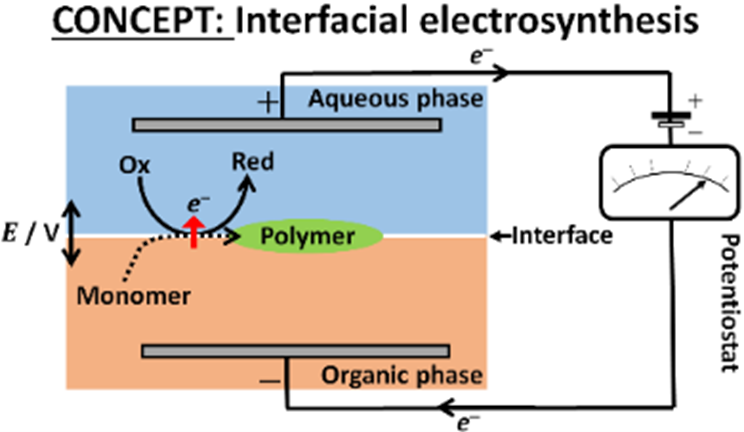Funding source: The European Union’s Horizon 2020 research and innovation programme under the Marie Skłodowska-Curie co-financed by the Ministry of Science and Higher Education from the funds for science for an international co-funded project.
Project number: H2020-MSCA-COFUND-2018 grant agreement No. 847413.
PI at IPC: Martin Jönsson-Niedziółka
PI at co-partner organization: Dr. Micheál Scanlon – University of Limerick (Ireland)
Total funding (whole programme): 11 283 319 PLN
At IPC (whole programme): 5 418 748 PLN
Short description

A decarbonised power sector, dominated by renewables, is central to society’s transition to a sustainable energy future. To date, innovative materials chemistry and associated disruptive technologies is at the heart of advances in energy conversion and storage (ECS), like the ubiquitous lithium-ion batteries used in mobile devices, electric vehicles and photovoltaic energy home-scale devices. Further advances in materials design and synthesis, not incremental changes, hold the key to future generations of ECS devices.
This project will develop an entirely novel platform technology with promising potential to produce high quality, large-scale, and free-floating thin films of pure conductive polymers (CPs) in a single step and eliminate the use of surfactants or additives. Such films can be transferred to any solid support with ease for device fabrication. The large-scale production of uniformly high-quality CP thin films will be facilitated by the inherent defect-free nature of immiscible liquid-liquid interfaces. Interfacial electrosynthesis has the potential to disrupt current industrial methods of producing conducting polymers by combining the key advantages of chemical polymerisation (high dopant contents leading to high conductivity; ease of polymer extraction/scale-up for device integration) and electropolymerisation (direct rapid synthesis of high purity thin films; external control to tune film morphology or thickness).
Posts tagged with PD2PI.
